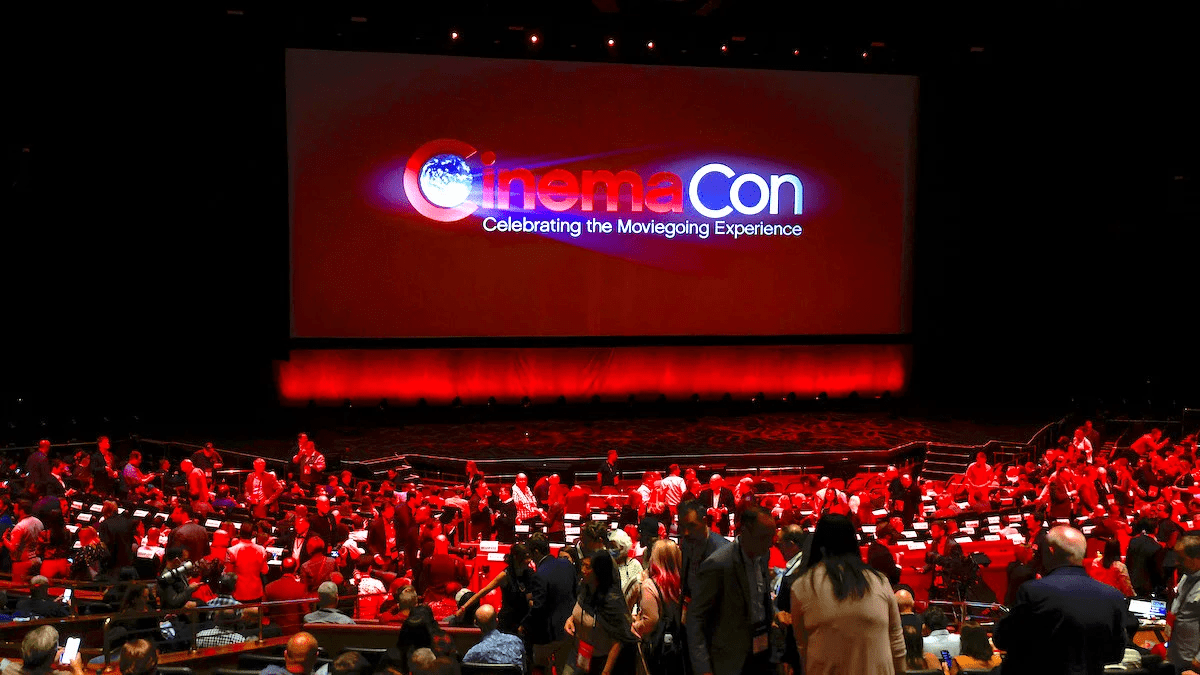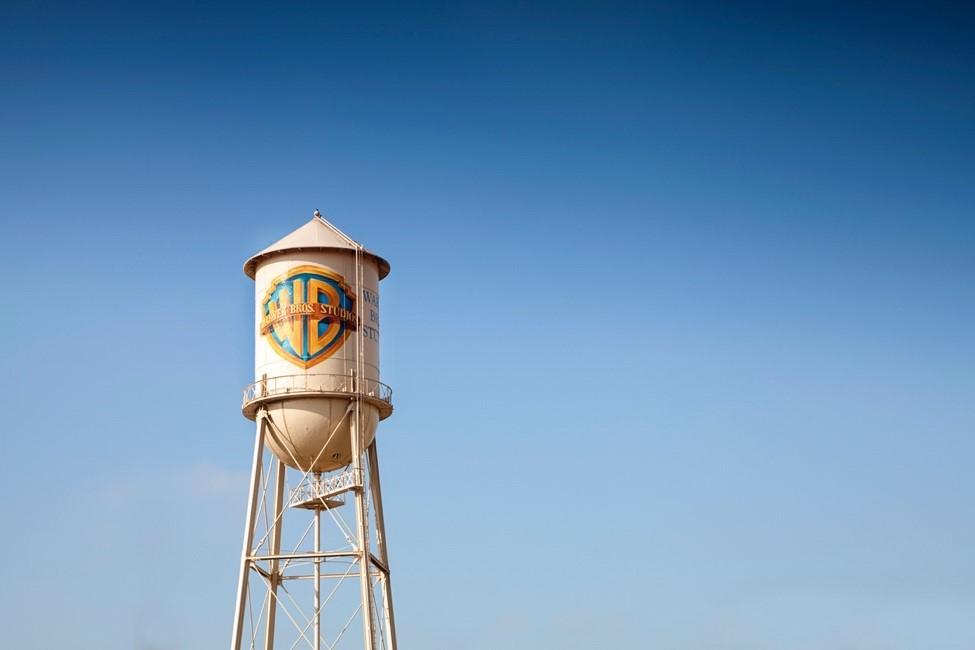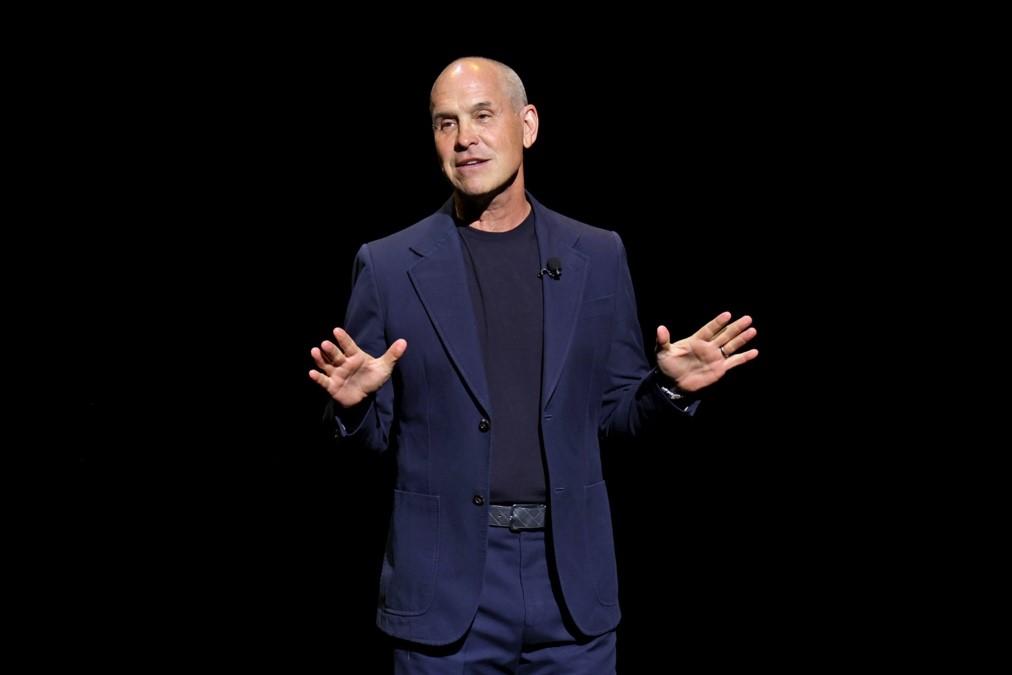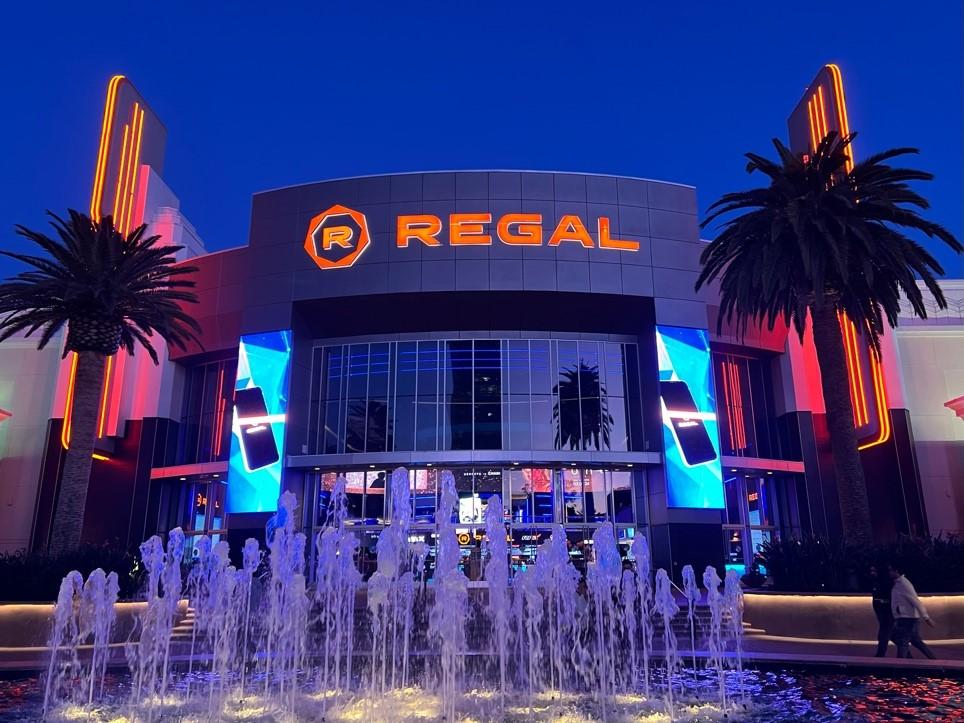In a year when most conversation about Hollywood’s studios focused on the “big four” – Disney, Universal, Warner Bros., and Paramount – successes from studios in the next tier have flown under the radar. For example, Lionsgate posted a worldwide gross of more than $1 billion for the first time in five years, with successful runs for JOHN WICK: CHAPTER 4, HUNGER GAMES: THE BALLAD OF SONGBIRDS & SNAKES, SAW X, and JESUS REVOLUTION.
Lionsgate CEO Jon Feltheimer is optimistic about his company’s theatrical business prospects. In a call with financial analysts to discuss Lionsgate’s split from Starz, Feltheimer stressed the importance of “avoiding crazy risk” in navigating the theatrical landscape. Lionsgate is well known for managing their production budgets, which never exceed $100 million.
During the call, one analyst questioned Feltheimer on how he plans to address a “sustained theatrical revenue decline, with ticket sales continuing to lag well behind pre-COVID levels.” Feltheimer dismissed the question, saying “While I can’t speak for all studios, I think if you asked folks overall how they think about the business right now…I think it’s a pretty positive business.” He also pointed to the financial contribution from licensing deals that Lionsgate establishes before each film is released to theatres, which results in Lionsgate movies not depending entirely on the box office to be profitable.
This optimism comes at an interesting time for Lionsgate, preparing to separate from its sister cable network Starz in the spring of 2024. This will put Lionsgate in a similar position to Sony, becoming an “arms dealer” prepared to sell the content it produces to other studios and streamers. This puts Lionsgate in a low-risk position, which is advantageous compared to larger studios which are faced with the massive cost of maintaining an in-house streaming service and the habit of spending heavily to create each new blockbuster.











